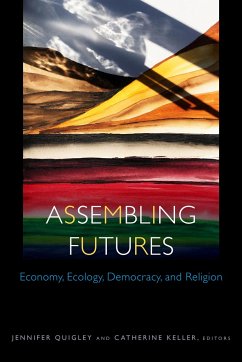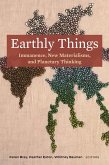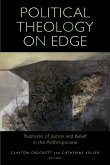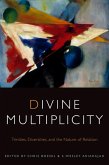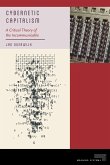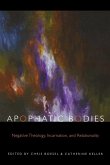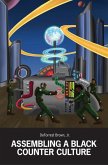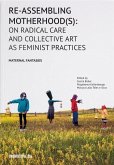What is the relationship of religion to economy, ecology, and democracy? In our fraught moment, what critical questions of religion may help to assembly democratic processes, ecosystems, and economic structures differently? What possible futures might emerge from transdisciplinary work across these traditionally siloed scholarly areas of interest? The essays in Assembling Futures reflect scholarly conversations among historians, political scientists, theologians, biblical studies scholars, and scholars of religion that transgress disciplinary boundaries to consider urgent matters expressive of the values, practices, and questions that shape human existence. Each essay recognizes urgent imbrications of the global economy, multinational politics, and the materiality of ecological entanglements in assembling still possible futures for the earth. Precisely in their diversity of disciplinary starting points and ethical styles, the essays that follow enact their intersectional forcefield even more vibrantly.
Hinweis: Dieser Artikel kann nur an eine deutsche Lieferadresse ausgeliefert werden.
Hinweis: Dieser Artikel kann nur an eine deutsche Lieferadresse ausgeliefert werden.

